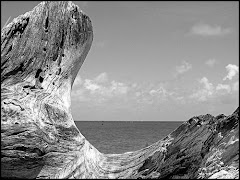 Paul de Man, 1919-1983 a deconstructionalist plagued with posthumous scandal ( caches of writings for a Belgian newspaper with anti-semitic tendencies were discovered and widely published) was for a time a professor at such institutes as Cornell, Johns Hopkins, University of Zürich as well as Yale. As a deconstructionalist his views conflicted or rather cast criticism towards such schools as the Romantic, questioning its support of "symbol over allegory, and metaphor over metonymy.
Paul de Man, 1919-1983 a deconstructionalist plagued with posthumous scandal ( caches of writings for a Belgian newspaper with anti-semitic tendencies were discovered and widely published) was for a time a professor at such institutes as Cornell, Johns Hopkins, University of Zürich as well as Yale. As a deconstructionalist his views conflicted or rather cast criticism towards such schools as the Romantic, questioning its support of "symbol over allegory, and metaphor over metonymy.-For those of you without the extra 40 seconds to check out the links (or maybe you already know what there is to be said...) but metonymy, as i learned it to be is similar to metaphor in the sense that it is a substitution of one term for another, but rather than it being based on similarities, it is instead based on contiguity
the examples given by wikipedia are slightly as follows
Metaphor: "that man is an ass" (instead of that man is mean)
Metonymy: "The Whitehouse issued the following statement:" (instead of "Prez sayz: 'kill'")
both are ways forms of representation the latter holds on to a thread of extension or contiguity-
Despite the controversy and criticism surrounding de Man what w there is still great support by his peers and students and a call to applicate his work for what it was rather than the context in which it was surrounded.

